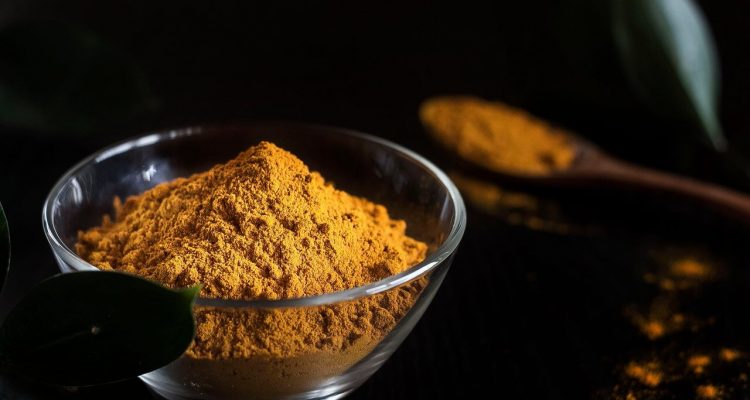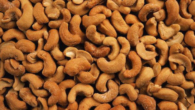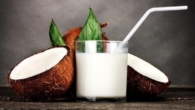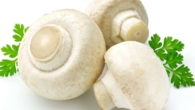
The five most useful spices are named
0
People have known about the healing power of herbs and spices for centuries. Seasonings can not only “wake up” almost any dish, but also improve the health of the body. However, doctors warn that some of them in large doses can cause side effects or interact with medications. Five types of herbs are considered the most useful.
Turmeric
This golden spice benefits from a powerful antioxidant called curcumin. Research (such as one published in the NLM) shows that it can help treat a range of health problems, from a minor toothache to chronic conditions such as arthritis, heart disease and diabetes. In addition, its potential for the treatment of Alzheimer's disease, colon, prostate and breast cancer is being studied. The results of a small clinical study confirmed that curcumin may be a safe and effective treatment for depression.
Ginger
Ginger is well known for its ability to treat nausea. Research shows that it can help alleviate the condition, including after surgery or chemotherapy. And while there's no conclusive evidence yet, many people take ginger for motion sickness.
The spice is also rich in gingerols, anti-inflammatory compounds that some scientists believe may help treat certain types of cancer, reduce pain with osteoarthritis and soothe muscle pain. One study found that injections of ginger extract helped relieve knee pain associated with osteoarthritis.
Cayenne
A small amount of cayenne pepper added to dishes will help you lose excess weight faster, especially if the body is not used to spicy food. Cayenne pepper contains capsaicin, which can increase your metabolic rate and burn more calories. In addition, it stimulates the production of substances that tell the brain that the stomach is full.
Cinnamon
The American Heart Association recommends using cinnamon to give foods sweet taste Some studies show that the spice can help reduce blood sugar spikes in people with type 2 diabetes.
Garlic
Thanks to its powerful biologically active compounds, garlic has shown effectiveness in the fight against high pressure. One study found that daily garlic supplementation reduced it as effectively as the beta-blocker atenolol. And while some experts point to dubious evidence, several studies have shown that garlic can help prevent colds and speed recovery.









Leave a Reply